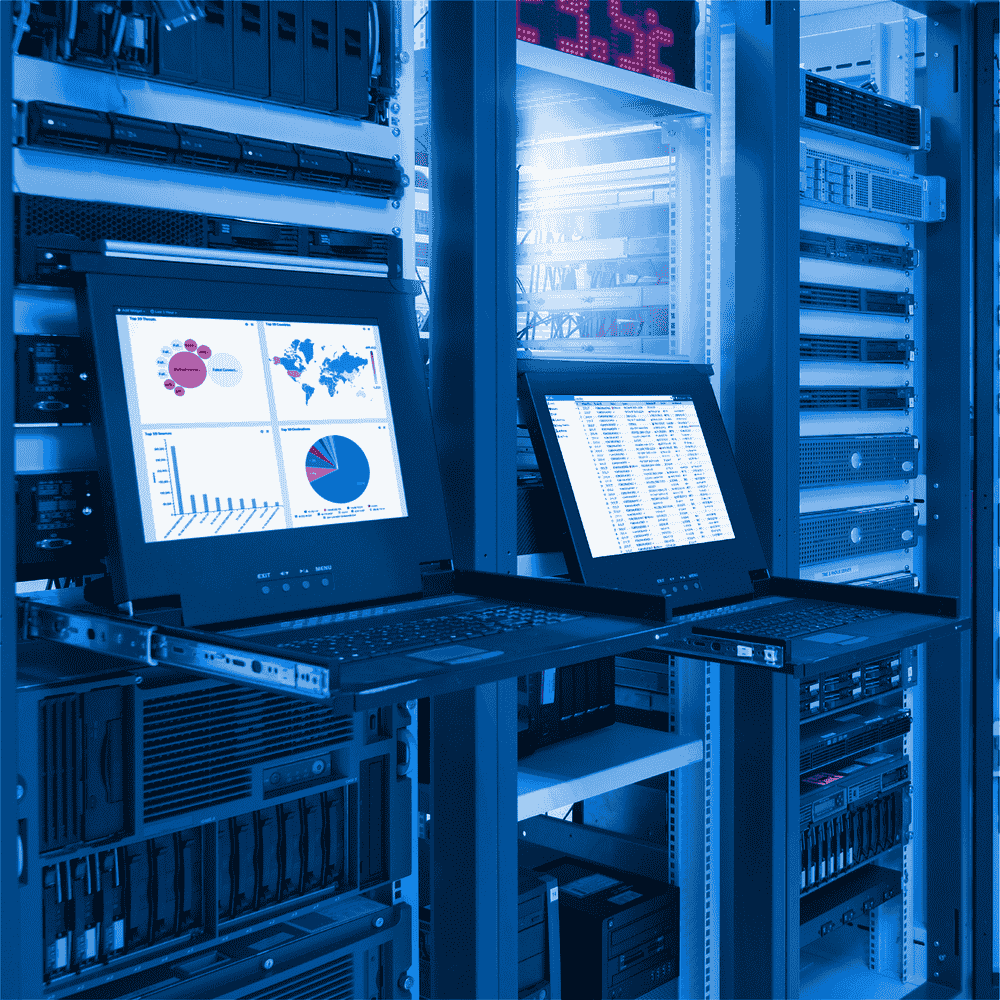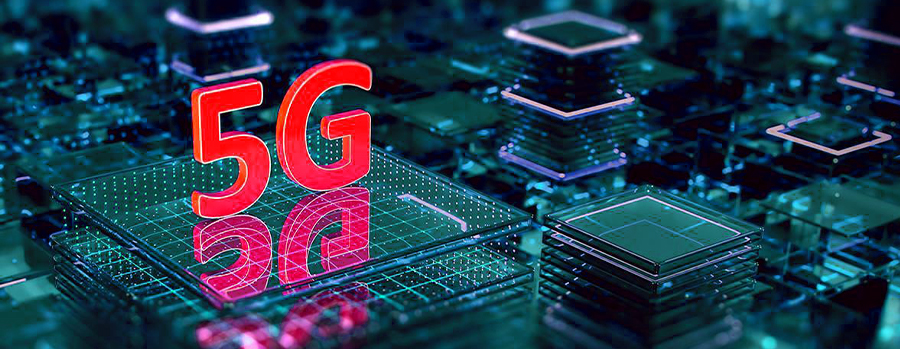5G Technology and Data Centers: The Infrastructure of the Future
5G technology is revolutionizing global communication networks, providing unprecedented speed, ultra-low latency, and massive connectivity for billions of devices. As industries embrace AI-driven automation, IoT expansion, and real-time applications, 5G is becoming the backbone of digital transformation.
However, deploying 5G at scale requires a robust, modern, and highly efficient infrastructure—and this is where data centers play a critical role. From edge computing to cloud networking, data centers are the driving force behind the 5G ecosystem, enabling seamless connectivity and efficient data processing.
So, how are data centers supporting the growth of 5G, and what does the future hold for this dynamic synergy? Let’s explore.
The Impact of 5G on Data Centers
5G not only provides faster mobile internet, but also creates new opportunities in many areas such as industrial automation, smart cities, and the Internet of Things (IoT). These innovations require the processing, storage, and management of large amounts of data. Data centers are becoming the most critical elements where these processes take place.
New generation data centers are optimized to support the high speed and low latency offered by 5G. In order to minimize latency, it is necessary to shorten the distance between data centers and users. For this reason, with the widespread use of 5G, the demand for local (edge) data centers is increasing. These centers enable data to be processed at points closer to the user, making the low latency advantage offered by 5G fully usable.
Energy Efficiency and Green Technologies in Data Centers
The large data load brought by 5G also increases expectations for the energy efficiency of data centers. Investing in renewable energy sources, optimizing cooling technologies, and developing environmentally friendly solutions are among the important challenges faced by data centers in this new era. Large-scale data centers, in particular, are trying to reduce their carbon footprint by turning to sustainable technologies.
Data Centers of the Future: Modularity and Flexibility
With 5G, the modularity and flexibility of data centers are also gaining importance. Evolving business models and increasing data needs require rapidly scalable data centers. Modular data center solutions offer an ideal solution to meet this need. Flexible modular structures offer great advantages in adapting to the changing demands of 5G.
Conclusion
5G technology is accelerating the evolution of data centers, and this evolution is becoming one of the most critical components of digital transformation. Whether large-scale data centers or local edge solutions, data centers are being reshaped to meet the new demands brought by 5G. Issues such as energy efficiency, modularity, and flexibility are among the key factors that will determine the future of data centers in this new era.
In this context, it is of critical importance for companies to adapt their data center infrastructure to the innovations brought by 5G in order to gain competitive advantage and be ready for the future.






